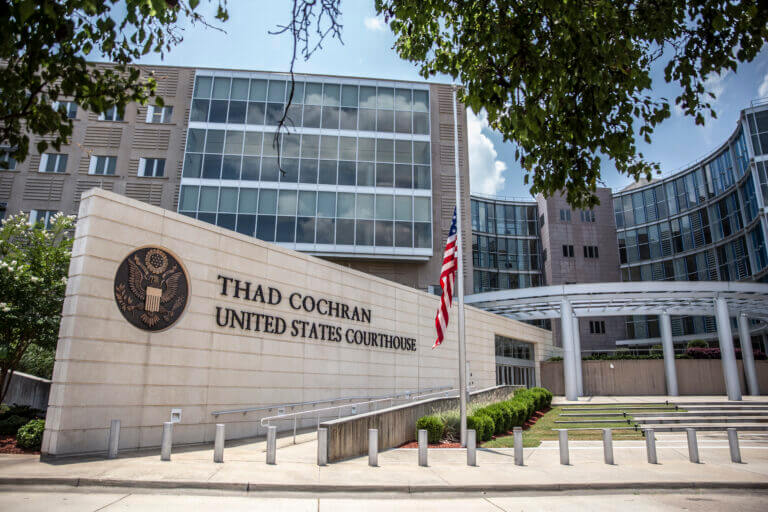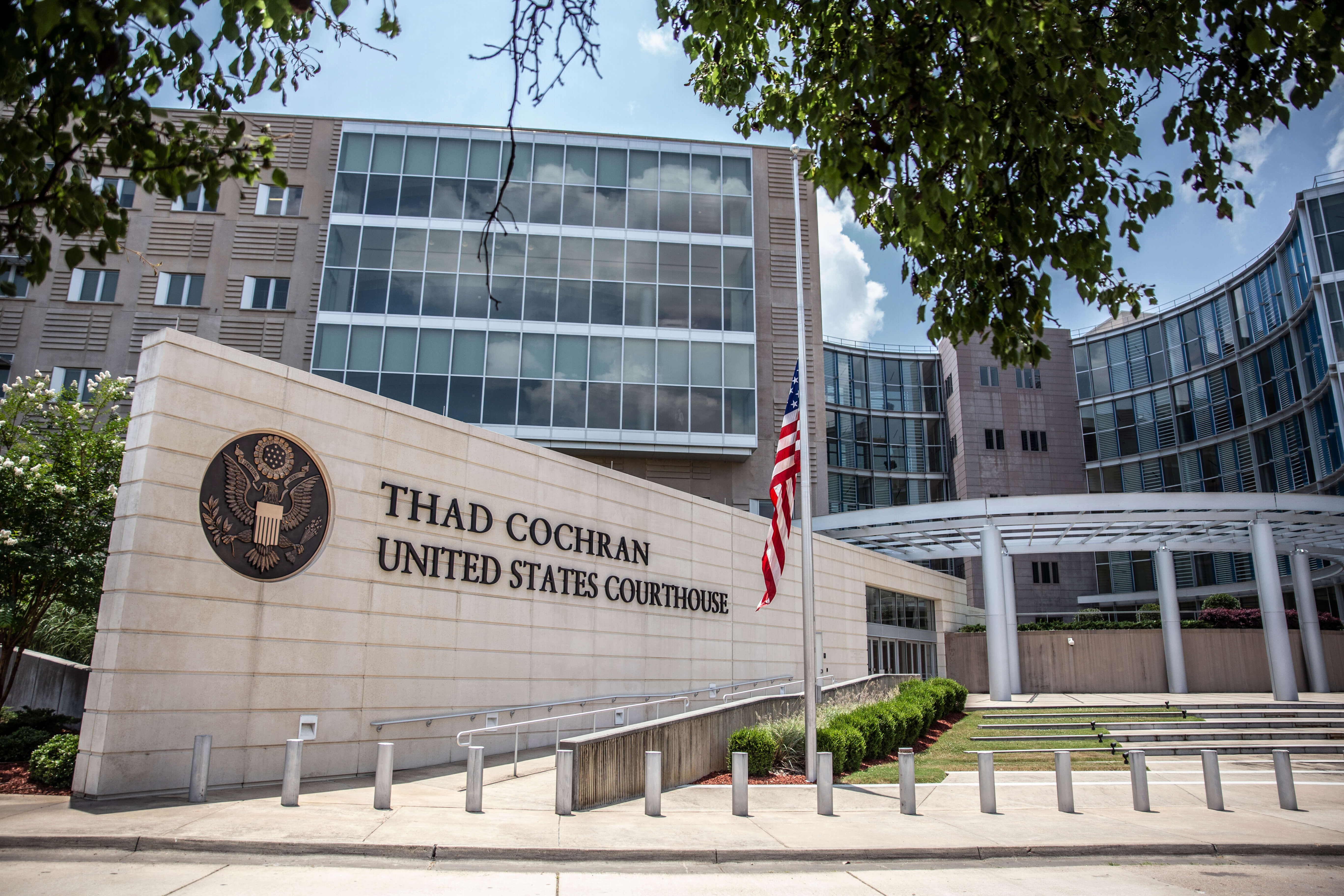

A federal judge will soon decide if a Mississippi law banning educators from teaching diversity, equity and inclusion programs should be blocked indefinitely.
Dozens of educators, students and parents watched on Tuesday as attorneys argued over a preliminary injunction. It would extend the pause issued by U.S. District Judge Henry T. Wingate and prevent the controversial state law from being enforced until there’s a final ruling in the case.
The biggest hang-up? Whether teachers and students have First Amendment rights in the classroom.
Lawyers for the plaintiffs argued over the course of two days about the law’s unconstitutionality and vagueness. Rob McDuff, a Mississippi Center for Justice attorney, emphasized that entire curricula would have to be rewritten, and that widespread confusion about the statute could lead to a flood of complaints.
“The statute is breathtaking in breadth and confusion,” McDuff said.
Attorneys for the plaintiffs called four witnesses — a parent, a professor, a graduate student and a law-school professor — to the stand. They all said they felt uncomfortable with and confused by the law. The two University of Mississippi educators — sociology professor James Thomas and law-school professor Cliff Johnson — said they were unable to finalize their syllabi, just weeks before classes begin.
Thomas, who teaches a sociological race and ethnicity seminar, said he didn’t think he could teach his discipline “without running afoul of the law.” A parent of two Oxford School District students, he also said he was concerned that his kids’ education, as a result of the law, would not stack up to their peers who live in other states.
Johnson, director of the MacArthur Justice Center at the University of Mississippi School of Law, described a portion of the statute as “nonsensical,” to titters from the audience. At one point, Wingate questioned Johnson himself, asking if he felt comfortable teaching various lawsuits and statutes — the list spanned the 13th, 14th and 15th Amendments, as well as defining U.S. Civil Rights cases such as Korematsu v. United States.
When Johnson responded that he didn’t feel comfortable teaching those things under the law, both the judge and the court were silent.
Lisa Reppeto of the Mississippi Attorney General’s office chalked up the plaintiffs’ concerns to “histrionics” and an “overwrought” reading of the statute.
She argued that the testimony provided was largely irrelevant because what the educators, parents and students feared would most likely not come to pass, and that the educators in particular gave up their First Amendment free speech rights when they chose employment with public institutions.
“I have been a public employee now for two months,” she said. “I knew when I took the job with the attorney general’s office that my First Amendment rights are now subject to my employer. It’s what every public employee agrees to. If you don’t want to be subject to those rules, you should probably find another job.”
As for the parents and students in the lawsuit who expressed anxiety and dismay about the law’s enforcement?
“Feelings aren’t evidence,” Reppeto said.
This was also the first time that parties appeared before Wingate since he issued an error-riddled temporary restraining order that contained several factual inaccuracies.
The first iteration of the order named plaintiffs who weren’t parties to the suit, quoted state law incorrectly and referred to a case that doesn’t appear to exist — errors some lawyers speculated were made by artificial intelligence. After the state attorney general asked Wingate to clarify the document, he replaced it with a corrected version, removing the original from the docket entirely.
Then, the state asked that the original faulty order be restored to the docket and for an explanation for the errors.
But Wingate, in an order on Aug. 1, denied the request and attributed the mistakes to “clerical errors.”
“The Court corrected the record, notified the parties, and the corrected TRO is the controlling order,” he wrote. “No further explanation is warranted.”
While attorneys have been questioned or sanctioned for using artificial intelligence, the power imbalance makes it difficult to do the same when the same is suspected of a judge.
The plaintiffs have also filed a motion seeking class-action status, which would prohibit state agencies from forcing other educators to comply with the DEI law. That motion was not substantively discussed on Tuesday or Wednesday.
Wingate is expected to issue a ruling on the preliminary injunction before Aug. 17, when the temporary restraining order expires. Lawyers on both sides stressed that time is of the essence — some Mississippi schools have already welcomed students back for the new year. The remainder will begin classes within weeks.
Mississippi Today reporter Taylor Vance contributed to this article.
- ‘It’s incredibly disappointing.’ Teacher pay raise bills die from politics in Legislature - March 3, 2026
- He was supposed to get married. But in a Mississippi ICE facility, he was told ‘no.’ - March 3, 2026
- Currie revives prison health care bills set to die in Senate, vows to continue fight - March 3, 2026